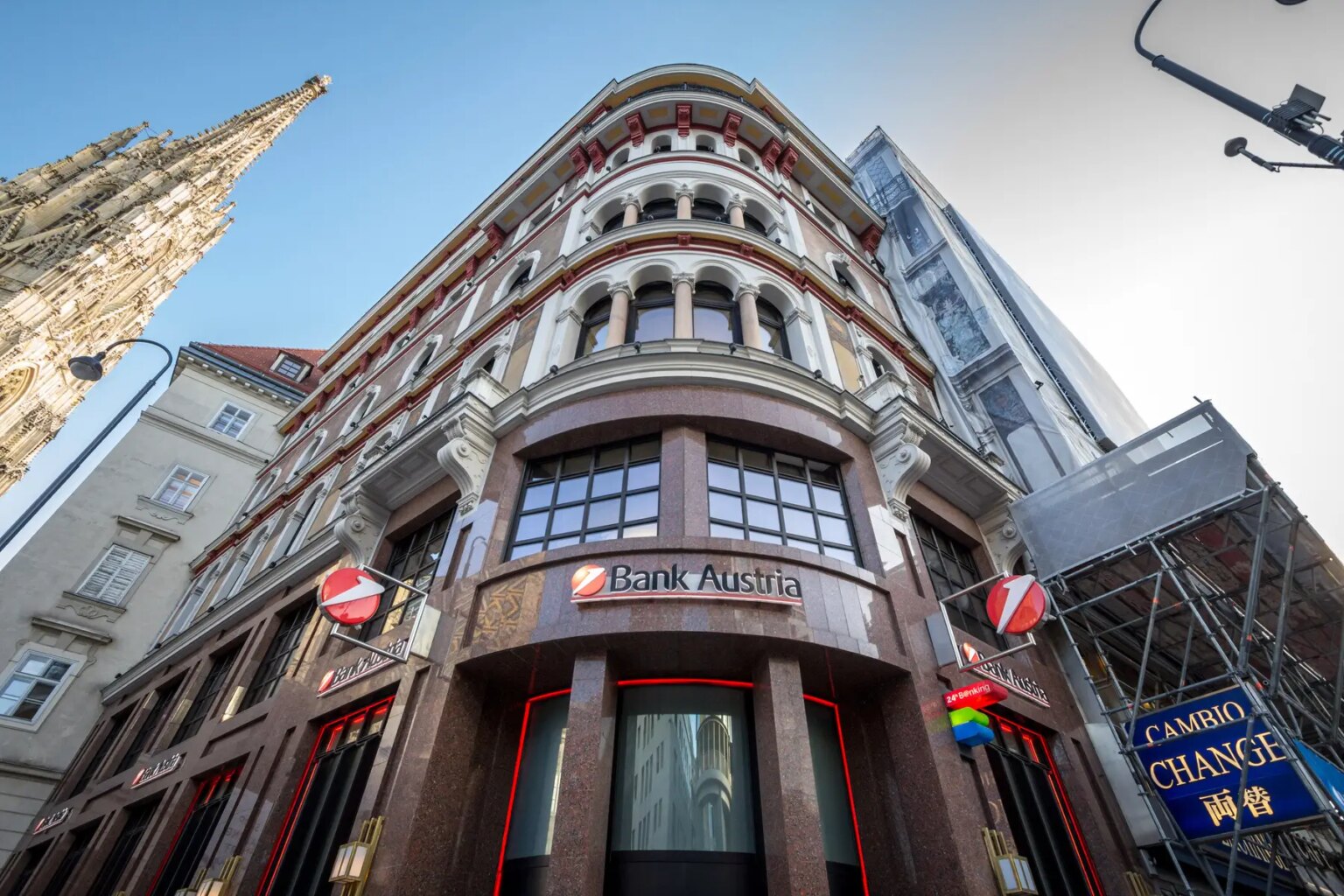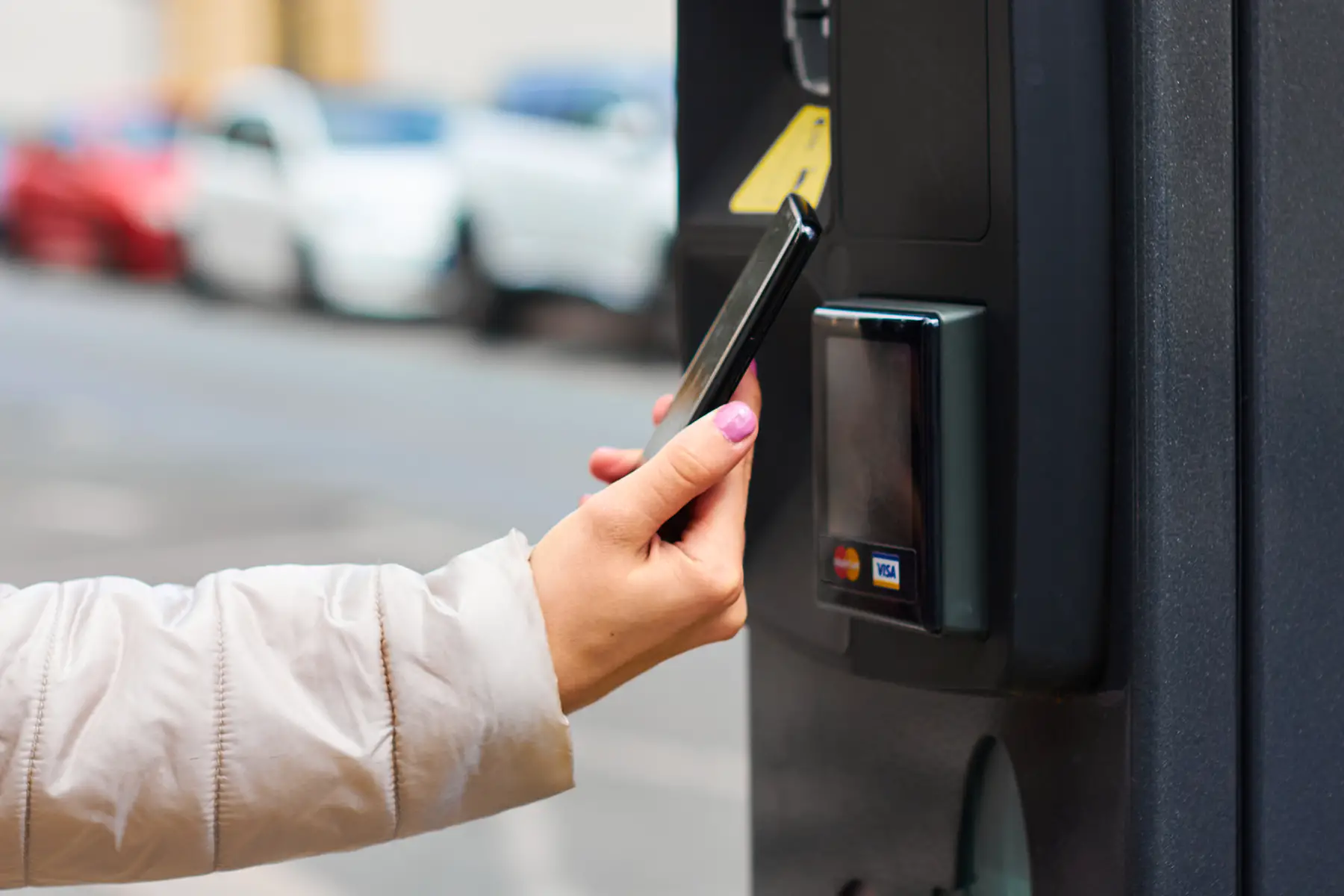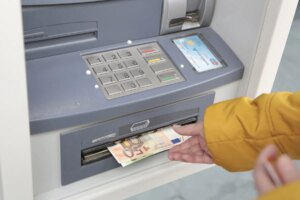As an expat moving to a new country, one of the first things you will want to do is set up an account at an Austrian bank. This is because doing so will help you with everything from arranging housing to getting a job. Fortunately, opening an account is reasonably straightforward in Austria. That said, it is far easier if you have all the right paperwork at hand. Then it is simply a case of choosing a bank to use while you are in the country.
This guide provides a complete overview of the Austrian banking system and how to open an account, and includes the following information:
- The banking system in Austria
- Currency in Austria
- Banks in Austria
- Banking services in Austria
- Opening a bank account in Austria
- Payment methods in Austria
- Banking fees in Austria
- Offshore banking in Austria
- Ethical banking in Austria
- Banking security and fraud in Austria
- Lost or stolen bank cards in Austria
- Making a complaint about banks in Austria
- Alternatives to using banks in Austria
- Useful resources
Wise
Looking for a bank account that meets your needs? Check out the multi-currency account from the financial experts at Wise (formerly TransferWise). Designed for international lifestyles, the account lets you move money without hidden fees, make and receive payments like a local, and get account details in 10 currencies. Make your finances smarter in Austria with Wise.
The banking system in Austria
Austrian banks have a major role to play in the country’s economy. As such, Austria has a very highly developed banking sector. In fact, there are nearly 600 banks in Austria, along with 3,600 branches. Because of this, Austria has the highest density of banks in Europe. Generally, the country’s banks encourage customers towards self-service. As such, online banking and banking apps are very commonly used throughout the country. Additionally, Austrians tend to prefer cards over cash. In fact, 90% of residents over 14 years of age use debit or credit cards.

In Austria, banks have a very wide scope, and there are many types of institutions, each of which has its own legal definition. While traditional retail banks are very common, there are also joint-stock banks, banking houses, private banks, postal savings banks, mortgage banks, building societies, and cooperative credit institutions. Although the industry has several sectors, the biggest are joint-stock and private banks, as well as Raiffeisen (cooperative banks) and saving banks.
Because of its expansive sector, Austria operates a universal banking system. Essentially, this means that it allows synergy between the different banks. It also offers a high degree of risk mitigation and flexibility. In addition, the Financial Market Authority (FMA) and the Austrian National Bank (OeNB) work together to regulate and supervise the Austrian banking sector.
Currency in Austria
As part of the European Union, Austria uses the euro. As such, the country uses most of the same notes and coins as the rest of Europe. This includes €5, €10, €20, €50, €100, €200, and €500 notes. In addition, Austria also uses €1, €2, 1 cent, 2 cent, 5 cent, 10 cent, 20 cent, and 50 cent coins. The euro is a reasonably strong currency and, therefore, holds up quite well against other major currencies. Below are some approximate exchange rates as of 20 November 2020:
- US$1.2 = €1
- £0.9 = €1
- AU$1.6 = €1
- CA$1.6 = €1
- SG$1.6 = €1
Cash machines and ATMs in Austria
As in most countries, ATMs are very common in Austria. As such, you can easily find one in urban areas and commercial districts. However, ATMs are a little more scarce in rural areas. Generally, as long as your bank card has a four-digit PIN, you can use any ATM in Austria. That said, if your card has the Cirrus or PLUS symbol, you will definitely be able to use local ATMs. However, if you use an ATM that is not within your bank’s network, you will usually incur a fee. In addition, if you need help finding an ATM, you can usually do this on the website of your local Austrian bank, or through the MasterCard Cirrus or Visa PLUS sites.
Banks in Austria
There are many types of banks in Austria, however, not all of them will be useful to you as an expat. Nevertheless, below are just a few bank types that you might need while living in the country.
Retail banks
In general, you will probably use retail banks the most while living in Austria. This is because these are the banks that most customers use for day-to-day banking. Normally, you can just walk into a branch and get counter service for any transactions or services you need. You can do this during regular office hours, which are usually from 09:00 to 17:00, Monday to Friday.
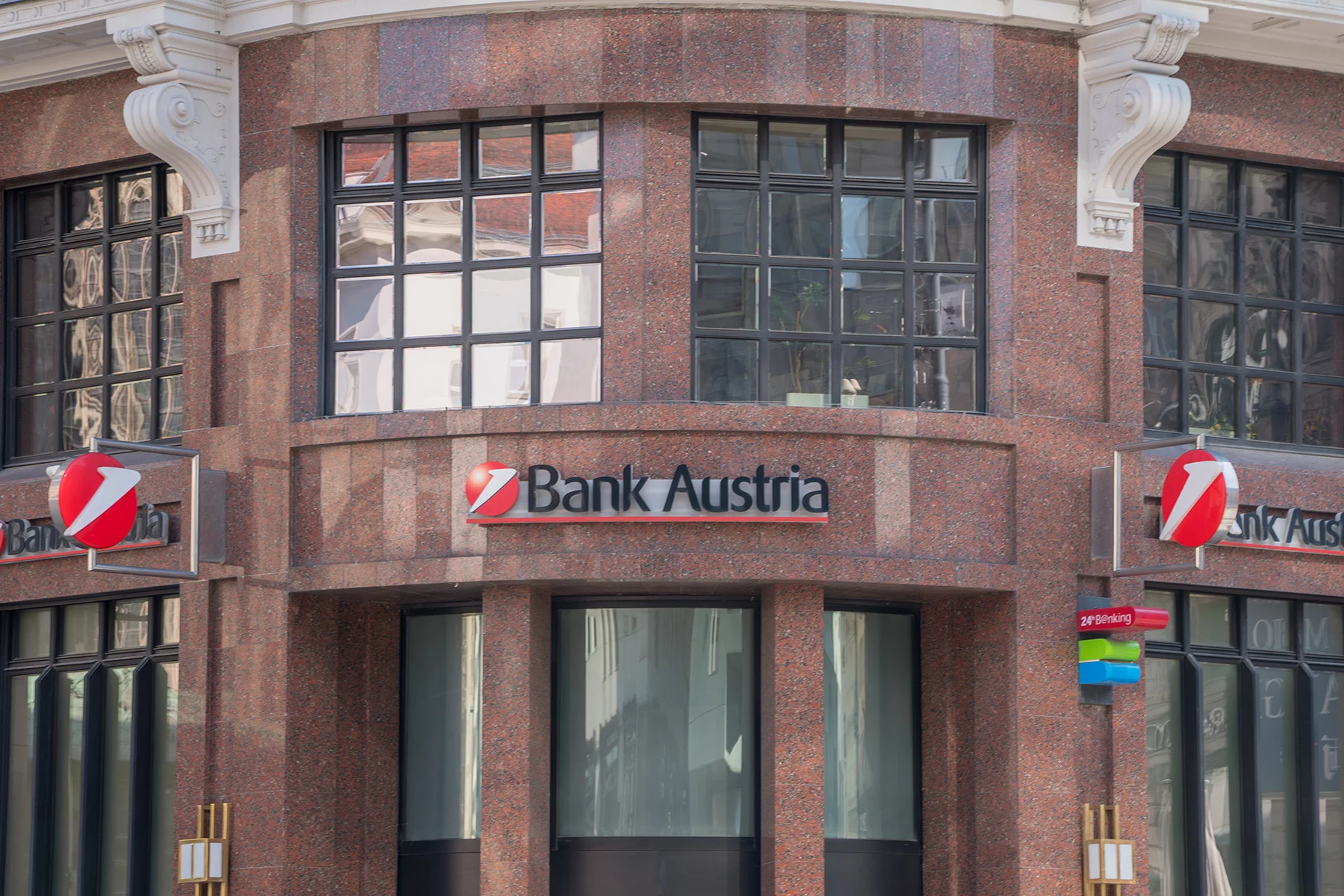
Private banks
Private banks offer a range of services for high-net-worth individuals. As such, these are less commonly used than retail banks. Because they offer personal investment banking, financial services, and wealth management, you will usually have a dedicated relationship manager. As such, you will be able to contact them by phone or email almost whenever you need and set up meetings as necessary.
Investment banks
These types of banks specialize in offering financial advice and executing financial transactions on behalf of their clients. Although clients of investment banks tend to be corporations and governments, certain ultra-high net-worth individuals might also use these services. Again, you will usually have a relationship manager who you can email or call whenever you need to.
Corporate/commercial banks
These institutions deal exclusively with corporate clients which might include small businesses or large corporations. As such, they offer services like loans and credit, equipment lending, commercial real estate, and trade finance. While some of these banks may have offices that you can walk into, you will more likely have to make an appointment to see someone there.
Here are a few of the most well-known Austria banks:
- Addiko Bank (retail banking)
- Allianz Investmenbank (investment banking)
- Bank of China (corporate and investment banking)
- BNP Paribas (retail and corporate banking)
- Citibank (corporate and investment banking)
- Credit Suisse (private banking)
- DenizBank (retail and corporate banking)
- Deutsche Bank (corporate and investment banking)
- Erste (retail banking)
- Generali Bank (retail banking)
- Raiffeisen-Landesbank (corporate and cooperative retail banking)
- Santander (retail banking)
- UBS (wealth management)
- UniCredit Bank (universal banking)
- Volksbank (cooperative retail banking)
Banking services in Austria
Banks in Austria offer a wealth of different services. Below are some of the most common services you might need while living in the country.
Current accounts
This is the most common banking service in Austria because it is for personal use and is part of retail banking. As such, current accounts come with a debit card that lets you access ATMs across the country and an overdraft facility. Additionally, you can usually issue standing orders or direct debits and have a linked savings account. Furthermore, these accounts usually offer online or mobile banking facilities, and international money transfers.

Loans
Generally, there are four types of loans available in Austria. These include unsecured personal loans, secured personal loans, fixed-rate loans, and variable-rate loans. As the names suggest, the first two either do or do not require collateral, while the latter two offer stable or flexible interest rates.
Overdrafts
Generally, overdrafts at Austrian banks allow you to take out more money than you have available in your account. As such, you can usually set a limit on your account’s overdraft. However, if you do overdraw your account, you will be charged a high interest rate.
Mortgages
In Austria, there is a specific type of loan that is used for buying property. You should know, however, that a foreigner applying for a mortgage in Austria must first get a permit for property acquisition from the local Land Committee (Grundverkehrskommission). In addition, you will need to make a down payment on your property (40% for new builds and 50% for second homes), prove your earnings and solvency, and provide certain other documents before you get a loan. You will also have to repay the loan with interest, which can be fixed or adjustable.
Investments
Banks in Austria facilitate a range of different investments. For example, you could invest in shares, bonds, investment or real estate funds, securities, foreign exchange, futures, and so much more. Generally, you would work with a broker and advisor to gauge your risk tolerance and decide the best way to structure your investment portfolio. You can read more about this in our guide to investing in Austria.
Insurance
Again, there are many different types of insurance in Austria. Because of this, you will need to consider exactly what you need before you decide how to get it. For example, health insurance is mandatory and you can easily buy this online through a well-known agency. However, if you want life insurance, for example, you will need to speak personally with a broker.
Opening a bank account in Austria
Opening a bank account in Austria is reasonably straightforward. First, you will need to present a series of documents, including the following:
- Passport or government ID
- Proof of residence in Austria
- Residence Registration Form (Meldezettel)
- Employment details or student identification
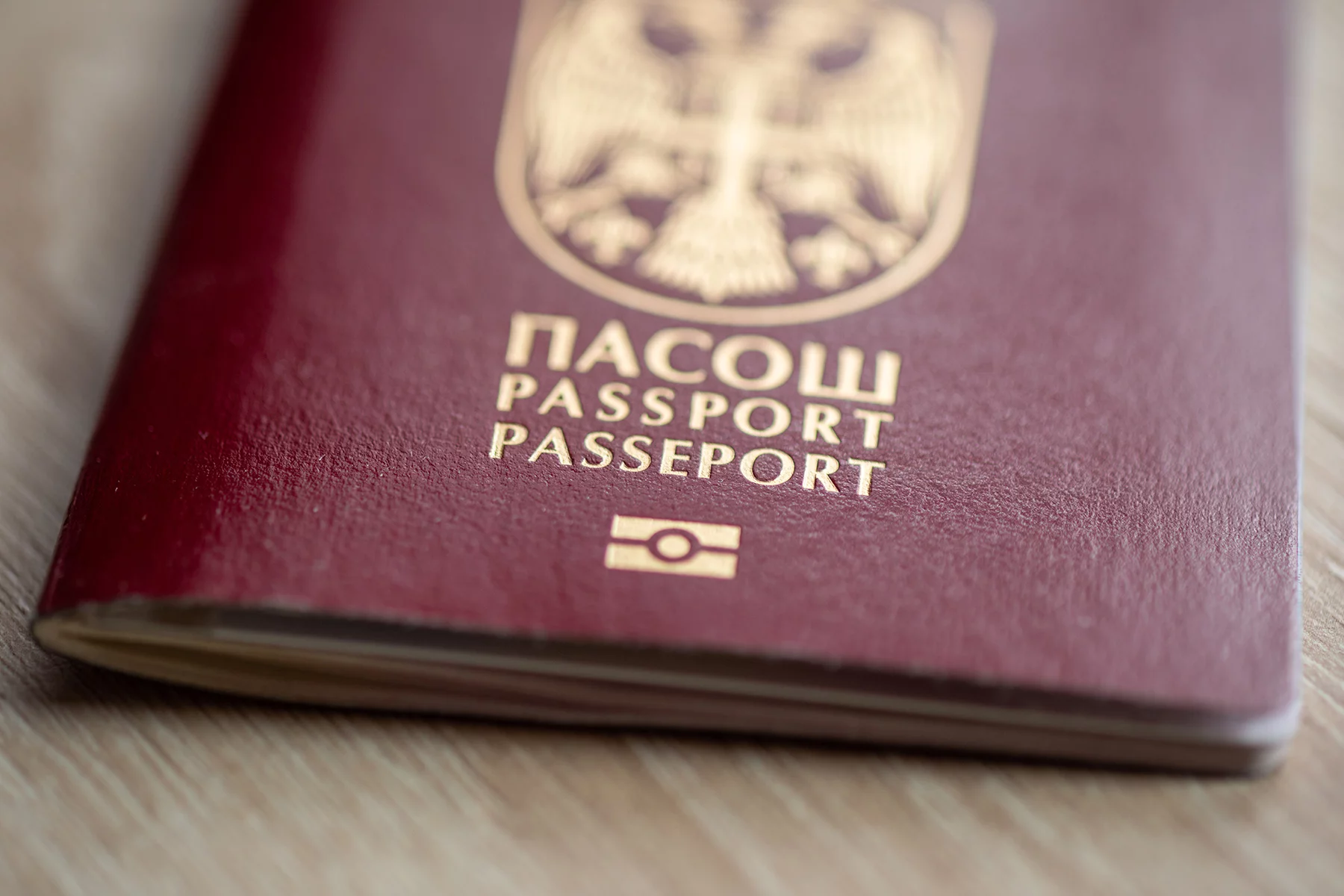
Just bear in mind that it can take a little time to collate all of these documents, so you might not be able to open a bank account for a few weeks after you arrive in Austria. Nevertheless, once you do have everything at hand, you can simply go into a branch of the bank you want to use and fill out the forms with the bank’s representative. In addition, you will likely need to make a cash or cheque deposit to ensure that there is money in your new account. Then, you will receive your bank card and PIN by mail within a few days.
Payment methods in Austria
While cash is still very much in use in Austria, cashless payment methods are becoming increasingly popular. In fact, in 2020, 2.24 billion cashless transactions were made in Austria. Conversely, the EU leader in cashless payments, Germany, posted 26.19 billion transactions. While card use is definitely growing in Austria, mobile payments facilitated by Austrian banks are also becoming popular.
Cash
Cash is still very much king in Austria. Although cash use fell from 60% in 2016 to 54.3% in 2019, it still accounts for a high proportion of payments. Generally, cash is preferred for small payments; in fact, 96% of payments under €10 are made in cash.
Check
In general, checks are not used for payments at all in Austria. However, banks do accept foreign checks for money transfers, as well as traveler’s cheques.
Debit and credit cards
Austria is seeing a growing use of card ownership across all sectors of the population. In fact, the Oesterreichische Nationalbank estimates that over 11 million debit cards and three million credit cards are currently in circulation in Austria. Similarly, in 2018, 44.3% of transactions were made using debit or credit cards. As in other countries, you will normally get an Austrian debit card when you open a bank account in the country. As such, nearly all Austrian residents have one. This is also because there are few limits on age, income, or other factors.
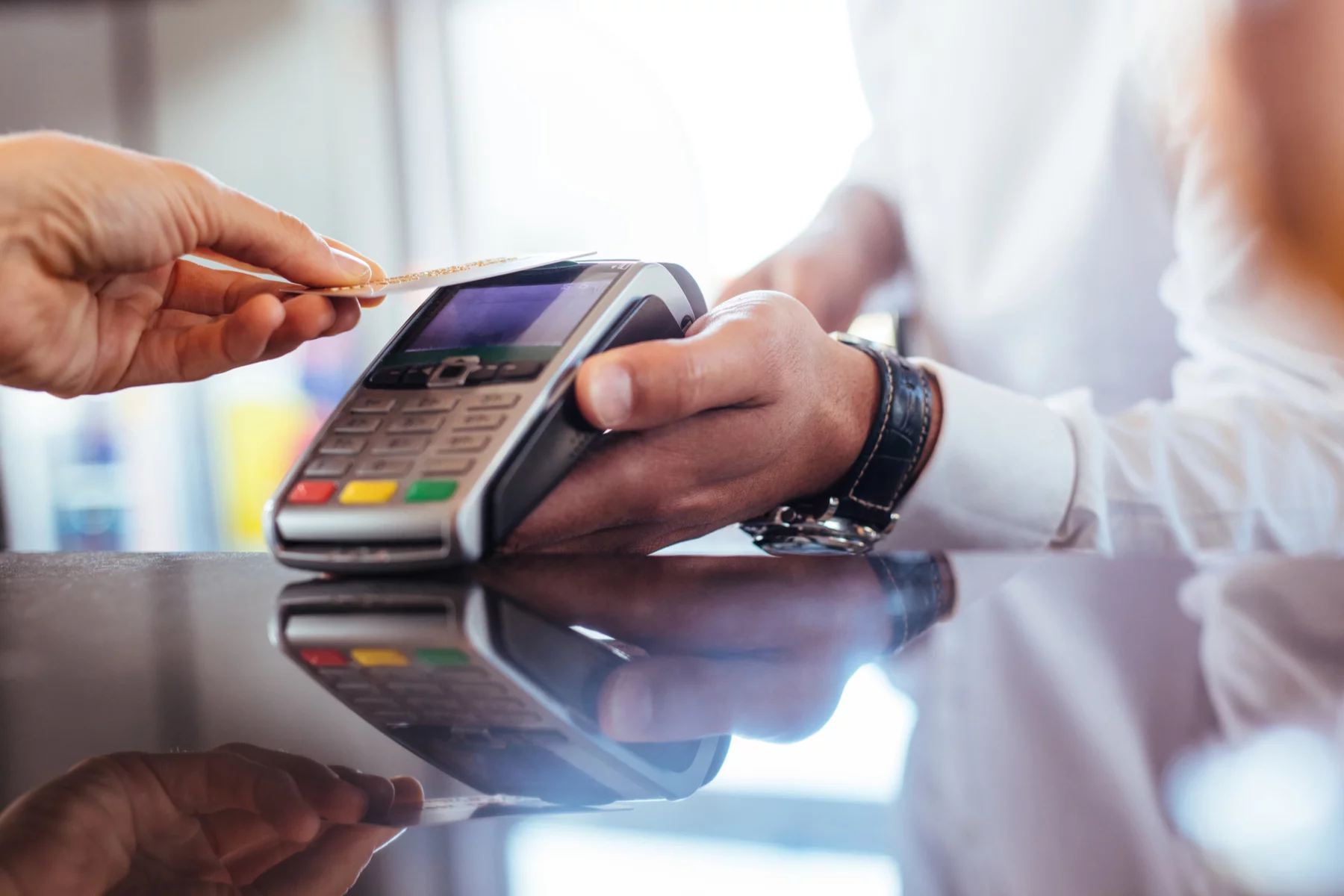
Generally, Austrians use debit cards for purchases between €20 and €100. Because debit cards take money from your account as soon as you make a payment, Austrians prefer to use them for smaller payments. Conversely, credit cards are more common for larger payments. However, credit cards are not very popular with local Austrians. Nevertheless, if you have one, you will be able to use it in urban centers and at most restaurants and tourist areas. Normally, you can apply for a credit card through your bank, however, some Austrian banks issue one when you open a certain type of account. Like in other countries, Visa and MasterCard are the most popular credit cards in Austria.
Direct debits and standing orders
Austrian banks can issue both standing orders and direct debits on a bank account. However, you should know the difference between the two before you ask for one. Generally, standing orders are issued for the same amount and at regular intervals. Conversely, direct debits can be authorized for varying amounts and regular payments, such as phone bills.
Austria uses the SEPA direct debit scheme. As such, to set up a direct debit, you will need an IBAN (international banking account number), BIC (bank identifier code), and CID (creditor identification). In addition, your creditor must have a standing agreement with their bank to process SEPA direct debits, along with a set due date. Once this is all set up, the creditor will receive your direct debit payment immediately on the set due date.
In addition, separate standing orders can be set up through your bank. Usually, you can do this online. For example, Santander has a ‘Standing Orders’ tab in its online banking portal. No matter how you do it, you simply need to enter the necessary payment details such as the payee and payment amount, then confirm it.
Online and mobile payments
In Austria, digital payments account for around €10 billion a year. Additionally, mobile payments are worth about €2.192 billion a year. George is a popular digital banking platform, perhaps because it is owned by Erste, a well-known bank in Austria. That said, since launching in Austria in April 2019, Apply Pay is slowly becoming useful, too.
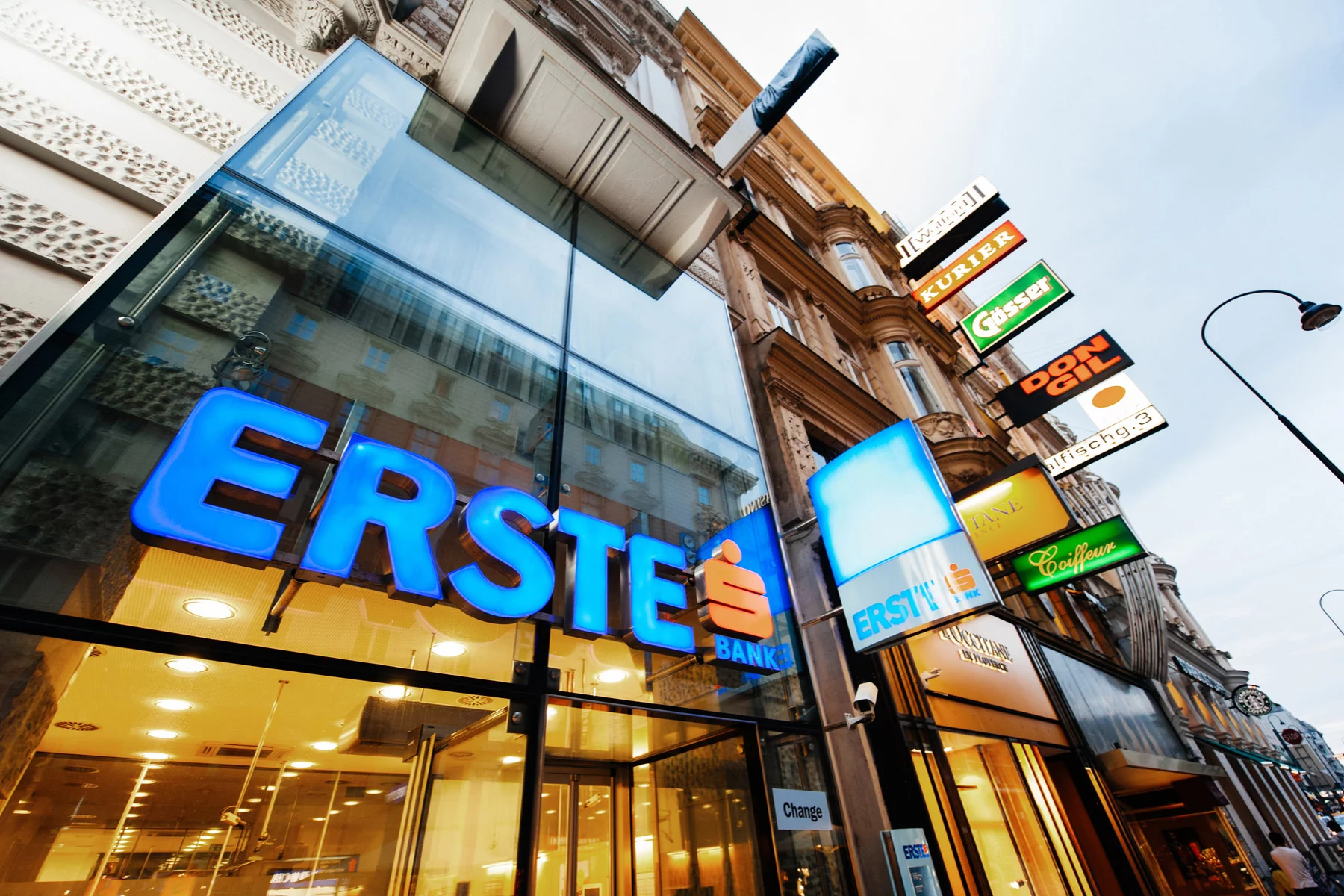
Conversely, no one in Austria uses Google Pay because it is not available in the country. There are also several other disruptor payment or fintech-baked digital wallets in Austria, including Mobiamo, Coinfinity, and KWallet. In addition, over 41% of Austria’s online shoppers use PayPal while 35,000 merchants use SOFORT (Klarna).
Local money transfers
Most Austrians make local money transfers through their bank’s online or mobile portal. As such, it is very rare for anyone in Austria to go into a bank to request a local money transfer. However, if you need to, you certainly can do this by filling out a request form at your local bank branch. That said, it is more common to do this online or through a mobile app. In Austria, local money transfers are done through the SEPA system, which offers instant transfer of up to €1,000 within Europe.
International money transfers
As an expat, you will probably need to make international money transfers. Of course, you can do this through your local Austrian bank. This is generally quite simple as you can do this online with a SWIFT transfer that takes less than 24 hours.
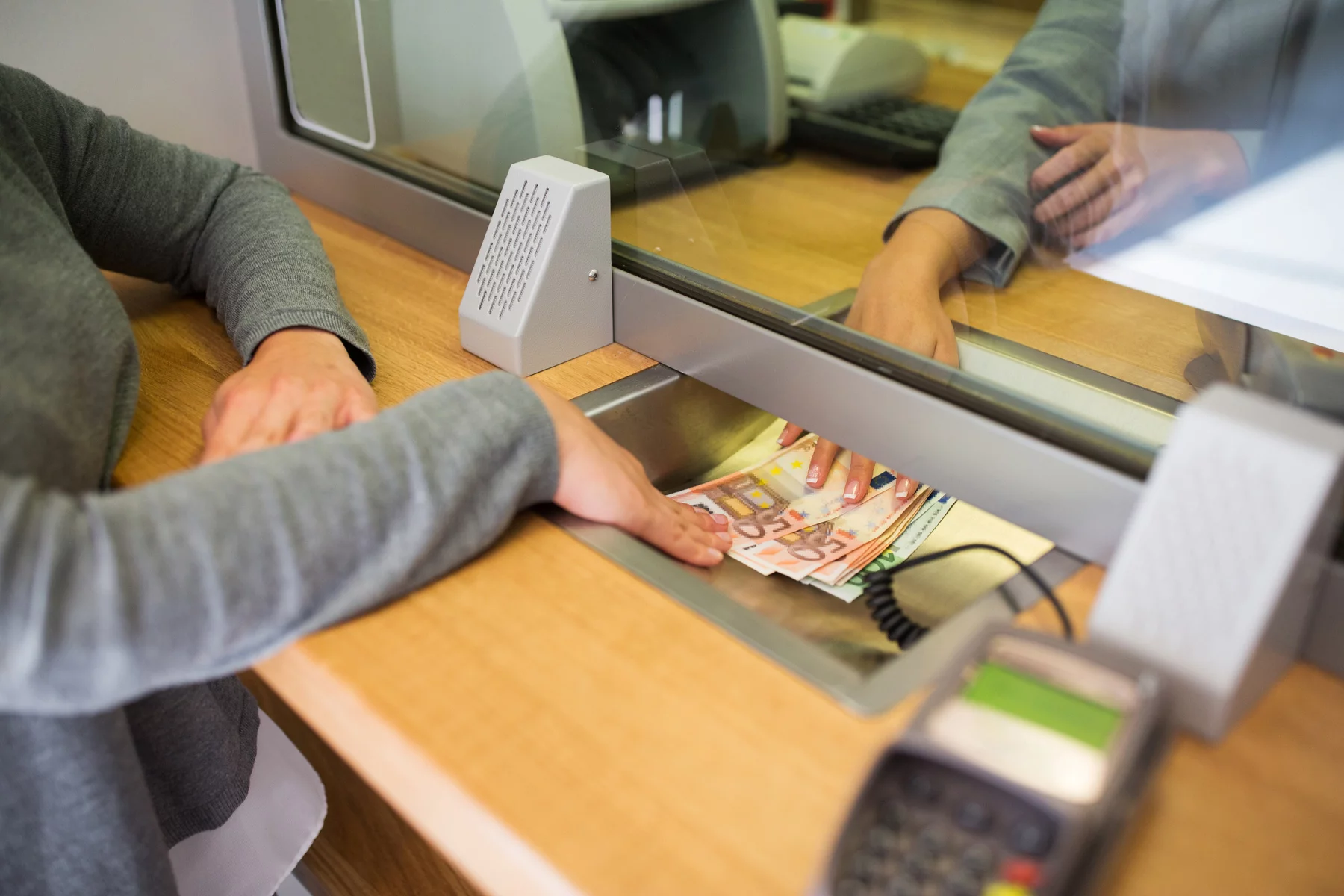
However, if you go into a bank to make a SWIFT or telegraphic transfer, it can take up to a few weeks for the money to go through. In addition, you can ask your bank to issue a bank draft. However, this is essentially a check so cannot be stopped if it gets lost.
In addition, there are many online platforms that offer cheap international money transfers. These include Wise, OFX, Skrill, and Western Union. Most of these offer international transfers within 24 hours.
Banking fees in Austria
Many banks in Austria charge fees for various services. As such, you should be aware of this before making any transactions. Below are a few of the standard fees that Bank Austria (UniCredit) charges for a regular current account:
- Account maintenance fee – €24.36/year
- Paper account statement – up to €3 per statement
- Credit transfers not processed online – €3.06
- Cash deposit/withdrawal at a teller counter – €3.06
However, Austria has several digital banks that are revolutionizing the system by doing away with fees. For example, N26 is a fully digital bank that allows you to set up a free bank account – with a Mastercard credit card – that you can manage entirely through your phone.
Offshore banking in Austria
Austria is not an offshore banking jurisdiction and therefore does not offer offshore accounts.
Ethical banking in Austria
Due to a high level of regulation, most Austrian banks operate with a high level of ethics. Furthermore, many of them have strong sustainability and corporate social responsibility (CSR) programs. For example, as part of its CSR initiatives, Bank Austria contributes to art and culture programs, implements environmental and sustainability measures, and offers social impact banking and barrier-free accessibility. Many banks in the country offer similar initiatives.
Banking security and fraud in Austria
Banks in Austria also offer a reasonably high level of security. Therefore, frauds and scams are not that common. However, there have been several high-profile money laundering cases in Austria in recent years. Generally, Austrian banks have numerous security measures that are similar to those seen around the world. For example, they use SSL encryption for online banking, secure PINs and TANs, and use one-time passwords to verify transactions. As with any bank, you should be aware of fake emails that might be phishing for your details. Additionally, you should never give out personal information unless you are 100% sure whom you are speaking to – certainly, never give out passwords and PINs.
Lost or stolen bank cards in Austria
If you happen to lose your bank or credit card in Austria, you will want to block and cancel it straight away. In order to do this, you will need to call your bank or credit card issuer directly. You can find the appropriate number on your bank or issuer’s website.
Making a complaint about banks in Austria
Most Austrian banks have an ombudsman who you can contact directly with any complaints. In addition, you can usually call, email, or fill out an online form directly with your bank to file a complaint.
Alternatives to using banks in Austria
There are several alternatives to traditional banks in Austria. For example, you might want to open a PSK (Postsparkasse). Essentially, these are post office accounts, so they are cheaper than normal bank accounts, and you can find PSK counters at all post offices. However, this is not a very popular choice and as an expat, you would not ideally choose this. Similarly, in Vienna, Zweite Wiener Vereins-Sparkasse is a socially-oriented bank that only accepts clients referred from other retail banks and provides a three-year credit account with no overdraft facilities.
Useful resources
- Virtual Vienna – useful details about opening a bank account in Austria
